Kubricked is a professional Japanese-English translator/interpreter and MGN community member and friend was kind enough to translate this for fans. Be sure to give him a follow on twitter: https://twitter.com/kubrickedyaku
Japanese source: https://business.nikkei.com/atcl/gen/19/00031/041000001/?P=1
Metal Gear’s Kojima’s Big Prediction:
“New Games” in the 5G Era
By Shinya Saeki, Nikkei Business Reporter
April 15, 2019
The transition to fifth-generation cellular networks, 5G for short, is set to be rolled out for commercial service in the near future. This next generation of high-speed communication promises to be superior to current 4G connectivity, citing “high-speed, large capacity,” “lower latency” and “the ability for multiple simultaneous connections.” The “5G Impact” series featured in the April 15th issue of Nikkei Business peers into how the ushering in of 5G aims to shape business and our daily lives.
With the advent of 5G, the entertainment sphere that includes video games is likely to be at the forefront of major changes in the industry’s infrastructure. Competition is poised to intensify due to Google’s recent announcement of a cloud-based gaming platform called Stadia—capable of processing gaming commands and graphics entirely from servers. What does 5G have to offer for the gaming industry? We sat down with Hideo Kojima of Kojima Productions who has been at the forefront in the world of gaming ever since his major splash with the blockbuster title Metal Gear Solid from his days at Konami and his recent independent venture.

Kojima Productions
Hideo Kojima was born in 1963. He joined Konami in 1986 and developed the wildly successful Metal Gear Solid for the Sony PlayStation in 1998. In 2001, Kojima was featured in U.S. Newsweek’s “10 Most Influential People to Shape the Future.” Fast-forward 15 years later and he is in the midst of developing Death Stranding for PlayStation 4.
(Photos by Koichi Kitayama)
—Fifth generation cellular network technology, or 5G, which initially launched for commercial use in smartphones in the United States and South Korea is said to bring about big shifts for the entertainment industry which encompasses video games. How do you view the advent of 5G technology?
The future is finally at our doorstep1. I have been talking about this for over 10 now years now, but no one understood what I meant at that time. There is no stopping the evolution of technology as we welcome 5G and its future successor 6G. We are finally setting foot into this long-awaited future.
—This “future” you refer to, how would you define it?
I will come back to this topic later, but for now I would like to discuss movies. In 1895, more than 120 years ago, the Lumière brothers (Auguste Marie Louis Nicolas and Louis Jean) gave birth to filmmaking. The brothers designed an early motion-picture camera and projector and held a viewing to an audience at a rented-out factory. This gave rise to cinema and a world in which movies would be screened through film producers.
Next to arrive was the television. Although there was a fierce rivalry between films and television, the direct beaming of signals to individual homes managed to circumvent the necessity of frequenting a movie theater. In the age of television, fathers or heads of households concentrated their power as decision-makers for channel surfing. The situation could not have been any worse for children {laughs}. One could say that even though the broadcast reached each and every household, it was still out of reach for the individual.
Then came the internet. This phenomenon sidestepped the previous issues altogether in one giant leap. Images or visuals could now directly reach the individual, cutting out the household as a middleman. This was a dramatic change from the Showa period (1926-1989) in which a sole television set sat in the living room. And now, we are living in a period of streaming services (media transmitted from cloud servers)—mainly Netflix, Amazon Prime Video and Hulu, which allow the consumer to choose a viewing time at their leisure as opposed to the past when broadcast times for movies and shows were fixed.
There is the real possibility that film producers may disappear like films in this world of streaming services. Creators may then be able to bypass the middleman and deliver their products directly to the individual. I personally love experiencing a movie on the big screen and I think movie theaters will continue to exist, but at the same time the tides of time cannot be stopped. I too will continue to keep moving forward.
—Do you think that the gaming world will be impacted in a similar manner?
I think the same can be said about the evolution in video games. It all began with arcade games, such as Taito’s “Space Invaders” and Namco’s “Xevious.” I remember going down to the arcades, putting in money and having a great time. Those games requested 100 yen from you in exchange for three minutes of enjoyment.
The next phase in gaming evolution resembled films when Nintendo debuted the “Nintendo Entertainment System” (known in Japan as “Family Computer” or “Famicom”). Games could now be enjoyed in the comfort of one’s home without the necessary trek to the local arcades. The same applies to television with the foray into streaming content. We have gone from the cinema to the television and now, to streaming.

The timing of 5G’s commercial viability is paving the road for such announcements as Google’s entry into cloud gaming and Apple ramping up its game distribution. The transition to cloud gaming will mean that player controls will initiate graphical processing on cloud servers one frame at a time and relay that signal back to the player. Dedicated game consoles will be replaced by smartphones, tablet devices or PCs as game receivers.
The concept of cloud gaming was hinted at about five to six years ago, but it failed to coalesce into anything noteworthy. However, I do not share the sentiment of many by labeling it a failure. This technology was being worked on behind the scenes. Current 4G technologies have been unable to bring cloud gaming into reality, but I think that within five years after the launch of 5G the nature of entertainment will be fundamentally different. A world less bound by restrictions is looming on the horizon.
—There is the idea being floated around that Google’s foray into cloud gaming will cast aside traditional home consoles. To what extent will this affect game content itself?
We will witness the release of the types of games unseen in the past. This is made self-evident when taking a look at the history of the entertainment industry as a whole. To illustrate, the average running length of a two-hour film necessitated the creation of a movie theater and amenities like popcorn. But a film surpassing three hours would tire out the audience and some would have to make use of the facilities. As such, a longer film translated into less screenings per day and further reduced box office earnings.
The age of television has rendered strategies employed by movie theater obsolete. In addition, a television set allows an individual to change channels so programs need to somehow grab the viewer attention and reel them in from the get-go. Failure to include a cliffhanger right before the commercials will spell a loss in viewership.
New technologies evolve content
The same may be said about music. In the time of vinyl records and LPs, failure to properly place the needle on a record meant causing damage and the song would not cue up properly. Many wound up listening to the end of the record in this manner. A dichotomy of an A-side and B-side structure of a record set established its constraints. The A-side would arrange catchy songs that had the potential to become singles2 at the very beginning and at the end3. On the other hand, the B-side was much more playful in the sense that artists experimented, sometimes even with songs lasting 20 minutes.
The appearance of CDs allowed the listener to skip a song altogether with the mere push of a button. Songs that typically used to have five-minute intros became increasingly difficult to justify. Likewise, songs featuring a catchy melody such as a hook at the beginning became instead more commonplace. The age of streaming services mandates a careful crafting of each and every song now that they can be sold individually. The drawback, however, is that the experimentation of the past has all but vanished.
With video, services like Netflix now stream episodes whose lengths are 10 minutes or so. That being the case, the last minute of the episode tends to build tension and feature thrilling sequences to grab and hold on to viewer attention. Unlike conventional television dramas, these services now offer an entire season’s worth of episodes for convenient binge-viewing sessions. You have to realize that television dramas with episodes released on a weekly schedule will also affect how they are produced for consumption.
—I get the impression that changes in content have been in step with the evolution of technology.
The creator alters his way of creating without an awareness of it happening. Content continues to evolve from the creator’s desires and wishes in tandem with the scope of what technology will allow. In that sense, those two factors are the wheels on which the vehicle of evolution advances forward, with nothing to impede its progress.
—This brings us to the main item at hand. Being a member of the gaming industry, what kind of changes do you think 5G will bring?
The announcement of Google’s cloud gaming ushers in a reality where gamers will be able to play full-fledged titles, provided a display monitor is present, without the need for dedicated game consoles. Viewers on YouTube will be able to take part in the action of the streamers and join their games live. But this is just the beginning.
The elimination of content barriers
As streaming services evolve, video content in the form of games, movies and documentaries will share the same arena. This future is the one I am most hoping comes to fruition. To those wondering what kind of tangible immediate effect this will have, I think that movies and games will be displayed side-by-side on the same selection screen on platforms such as Netflix. To date, we have seen the quality of content for “interactive games” and “non-interactive films” be quite radically different, but those barriers are starting to break down.
Signs of development on this front have already come to light with Black Mirror: Bandersnatch that debuted last year on Netflix. At various points the viewer is asked to make a choice for the story’s protagonist to further the narrative. This is just but one step toward an interactive gaming experience. Aside from outlets that rate and review video content, Bandersnatch has been generating much buzz on the Internet.
—It seems that film as video content is already approaching gamification.
Bandersnatch, arguably a film in its own right, is a piece of work with a video game overlay. The evolution in streaming services inches us closer to a convergence of these two forms of media.
In a similar fashion, I believe that games themselves will take on a more theatrical flair. It goes without saying that high-end games are here to stay. Having said that, technology will pave the road for ever-increasing new possibilities. And despite having a busy schedule, I want to leave my mark in this new territory that we are collectively carving out.

—Do you think that the advent of cloud gaming will change the competitive trajectory of video games?
I think rather than changing the trajectory of video games, I envision that cloud gaming will broaden its scope. Movies continue to evolve from the mere passive activity of watching in a similar fashion as video games morphed from solo entertainment to online participation. What you will witness next is viewers of online streamers having the ability to join those game in real time.
What lies up ahead will keep expanding the realm possibilities. Due to the nature of streaming itself each frame is processed one at a time on the server. As such, this opens the door to a number of possibilities.
—It seems that what is in store for us will be different from the conventional games we currently enjoy.
That is right. There will be a clear and obvious difference. I think that 5G will become widespread within about five years. Other than video games, there is something big I would like to try out on a streaming service4. Unfortunately, since I might unintentionally reveal some possible spoiler by discussing this topic, I cannot say anything more on this matter at this moment {laughs}.
I am projecting that in about five years artificial intelligence (AI) will change the face of entertainment. AI will alter our current interactive interactions. I previously discussed interactive media [i.e. Bandersnatch] putting the viewer in control of story progression through selectable choices, but what we may see in the next five years is an AI that will understand us and subsequently make a selection catering to our preferences. Although I cannot predict how content will be created in such a future, I at least know that things will not stay as they are now.
—We can agree that exciting times are upon us.
I am part of the generation that witnessed the World’s Expo held in Osaka in 1970 and due to its exposure, I am always eagerly looking forward to newer and newer technologies. This, in turn, makes me want to live longer and see that future just waiting around the corner {laughs}. Nevertheless, the future is problematic in the sense that the first person trying to do something new will run into the trouble of successfully monetizing their endeavor.
I cannot leave the gaming industry
—Is that true?
Instead of a one-hit knockout, I am trying to catch lighting in a bottle the first time around5. But it is especially challenging to say the least. It requires a constant process of trial and error. I am not in the business of making games in order to get rich.

Even in movies, anything that is created with the intention of trying to catch lighting in a bottle the first time6 around tends not to translate well in sales figures. A stream of sequels culminating in a trilogy is therefore required to establish an intellectual property (IP) and have its presence felt. Seeing the amount of strenuous effort that needs investing makes it that much easier to comprehend. That is why individuals that catch lightning in a bottle the second and third time find end up being rather well-off7 {laughs}.
However, I want to challenge myself and try to make a decisive blow on a streaming platform. That drive resembles a burning desire to be the first to set foot on the moon. Speaking on “6G,” it will probably utilize some new type of technology and will connect to something high-speed that is not a traditional radio wave, thereby opening the door to new possibilities. For these reasons, I cannot bring myself to leave the gaming industry {laughs}. I will keep on creating until the day I die.
Again big thanks to Kubricked for this translation. If your interested in a professional Japanese-English translator/interpreter feel free to hit him up on Twitter.
Footnotes
- Another possibility is: “We are on the verge of setting foot into the future.”
- The “single” here in Japanese is rendered as “single cut,” a recording and sale of one to three songs from a recorded song. As the name suggests, it derives its meaning from cutting up a number of songs. Additionally, the Japanese Wikipedia entry on “single cut” goes on to mention that unlike the U.S. and Europe, in Japan, singles are often released prior to the main album.
- According to Wikipedia’s entry for Single (music), “Historically, when mainstream music was purchased via vinyl records, singles would be released double-sided. That is to say, they were released with an A-side and B-side, on which two singles would be released, one on each side.”
- Arguably an important line from Kojima, the literal translation is “Even with streaming (implying something outside of video games), there is one big thing I would like to try out.”
- Kojima is playing on the expression “try to catch lightning in a bottle twice” (i.e. trying to recapture the same level of success the second time around—a good parallel might be when he was trying to make MGS2 the same ground-breaking hit as MGS1), so I rendered an equivalent saying in English in the same manner.
- Again, Kojima reuses that play-on expression so I left it in. A simple synonym of “groundbreaking” or “revolutionary” could have sufficed, but I felt it did not carry the same literary punch.
- Same as above, I could have left the sentence as “Individuals that film blockbuster sequels end up making a lot of money.”

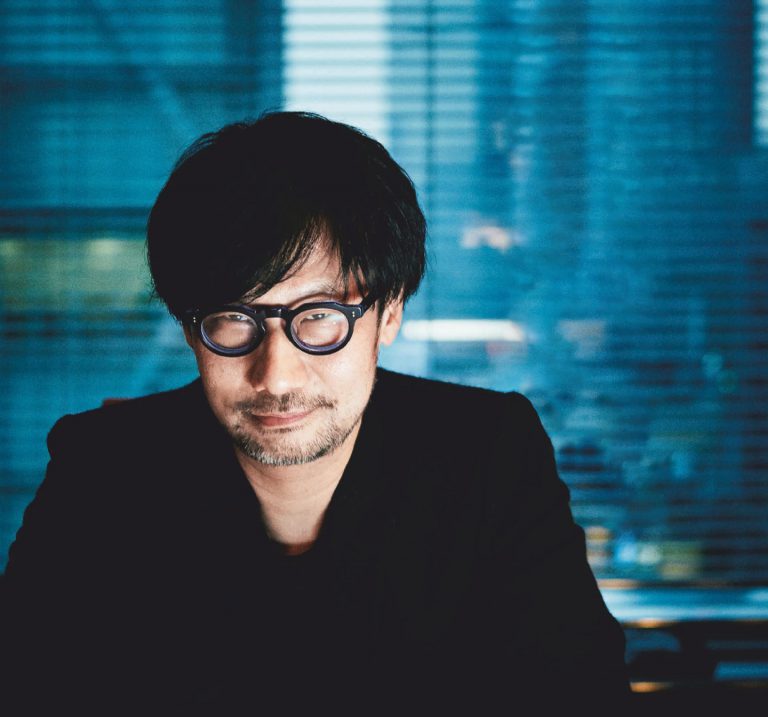
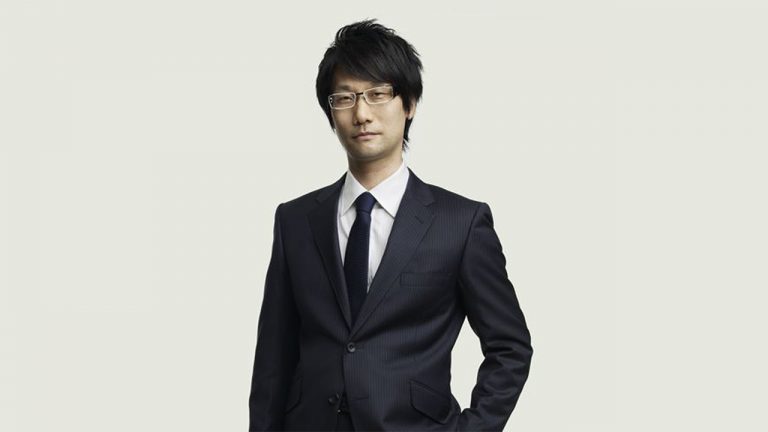
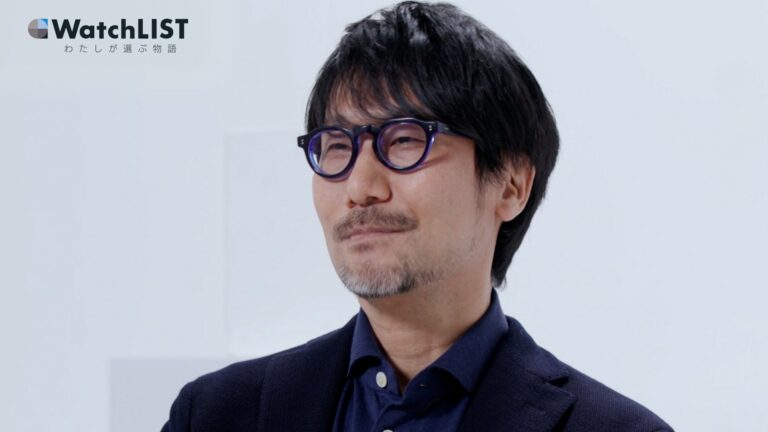
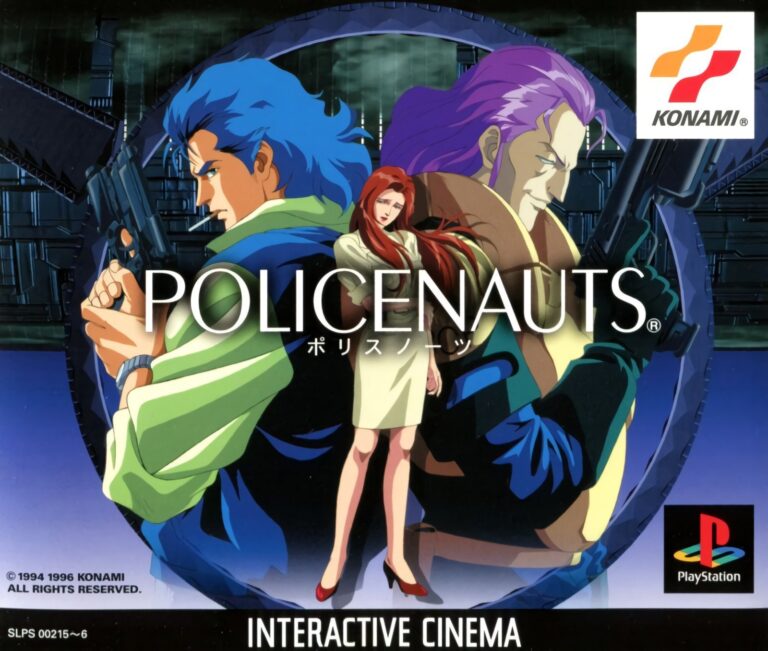

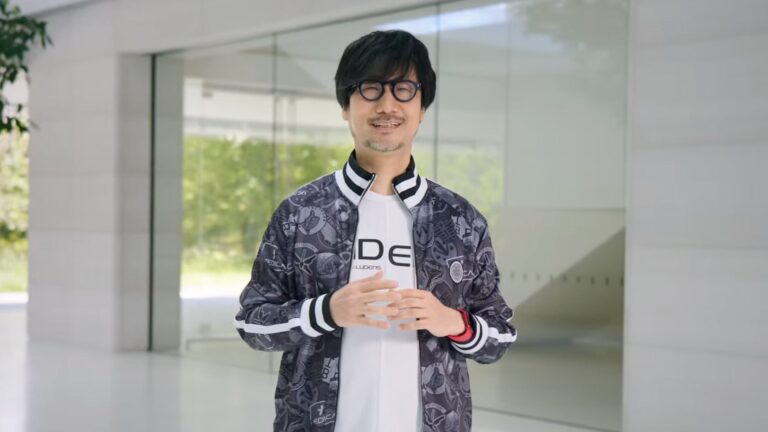
Kojima interview in Nikkei Business translated